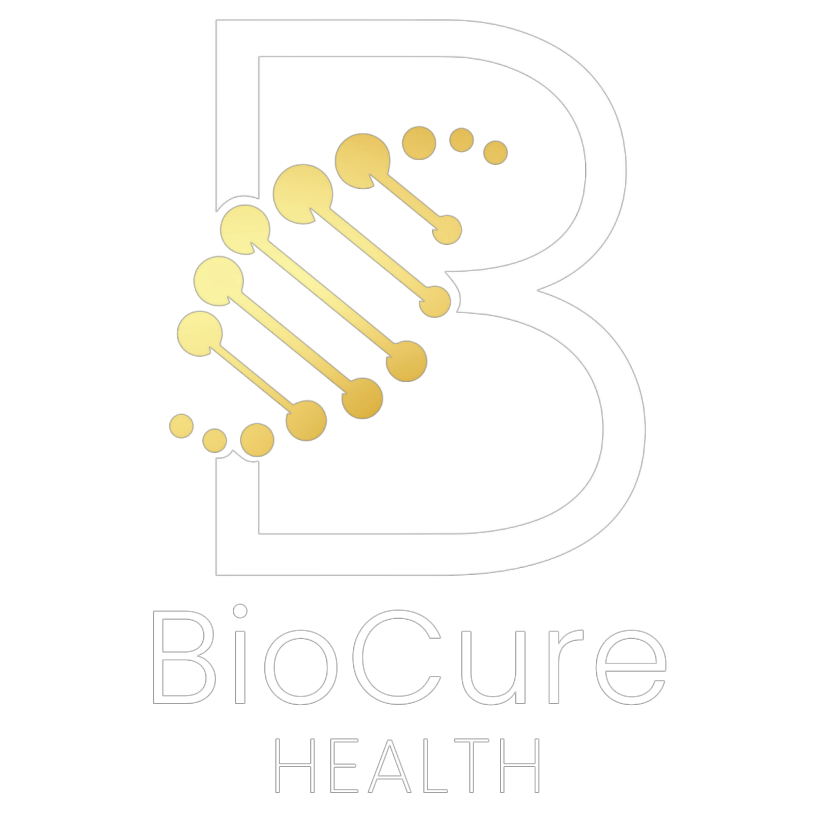For decades, traditional primary care has served as the front line of healthcare, your “go-to” for check-ups, prescriptions, and referrals, but as our understanding of health evolves and patient expectations rise, this once-trusted model is starting to show its age. Today’s patients are more proactive, data-driven, and invested in their long-term well-being than ever before, and they’re increasingly finding that conventional care models aren’t meeting their needs.
One of the most glaring issues is time. The average primary care visit lasts just 10-15 minutes, a timeframe barely sufficient to review symptoms, let alone dive into lifestyle habits, nutrition, stress levels, or root-cause contributors to chronic issues. Doctors are often overworked, rushed, and overwhelmed with administrative tasks driven by insurance regulations. This reactive system is designed to treat symptoms, not prevent illness or optimize health.
As a result, critical areas like hormone imbalances, gut health, metabolic dysfunction, and early-stage chronic conditions often go unnoticed or unmanaged. Many patients report feeling unheard or dismissed, prescribed medications rather than offered a path to sustainable wellness. This leads to a growing sense of dissatisfaction, pushing people to seek answers elsewhere.
That “elsewhere” is increasingly found in functional, integrative, or longevity-based medical clinics. These care models take a root-cause approach, spending time with patients, running comprehensive labs, and developing personalized protocols that integrate nutrition, stress management, exercise, and supplements. They focus on the whole person, not just a symptom checklist with a wide range of advanced diagnostic exams. (ie Genetics testing)
Technology has further widened the gap between what patients want…and what traditional practices offer. Modern patients expect quick access to test results, telehealth visits, and digital tools for tracking health metrics. Yet many conventional clinics lack this infrastructure, or the adaptability to implement it efficiently.
What’s more, traditional care often follows a “one-size-fits-all” approach. The problem here is that no two patients are alike. Genetics, lifestyle, environment, and personal goals vary significantly, and treatment plans should reflect that. The inability to customize care in meaningful ways leaves patients feeling stuck in a system that no longer serves them.
That said, traditional primary care isn’t irrelevant, it’s still essential for acute issues, urgent care and initial screenings. However, to truly serve the modern patient, it must evolve. A hybrid model that merges the reliability of conventional care with the personalization and prevention of modern medicine is the future.
In short, the real failure isn’t the Doctors, it’s the outdated system they’re working in. Patients deserve more time, deeper answers, and a partnership in their health journey. The ones who seek that out elsewhere aren’t abandoning primary care, they’re demanding better. Let BioCure Health show you the ‘future of healthcare’, schedule a complimentary intro call with one of our specialists at 754-206-0838, you can easily call or text. We look forward to helping you reach optimal health!




